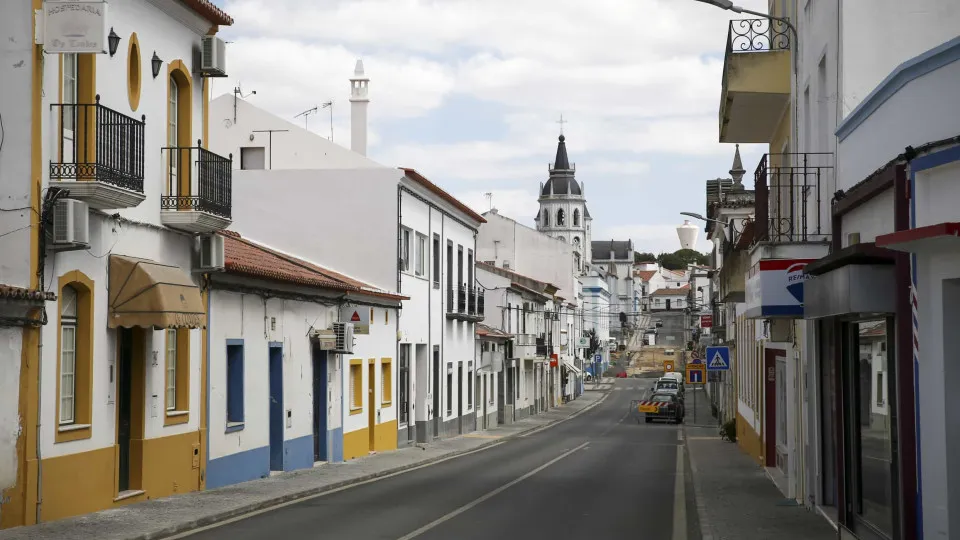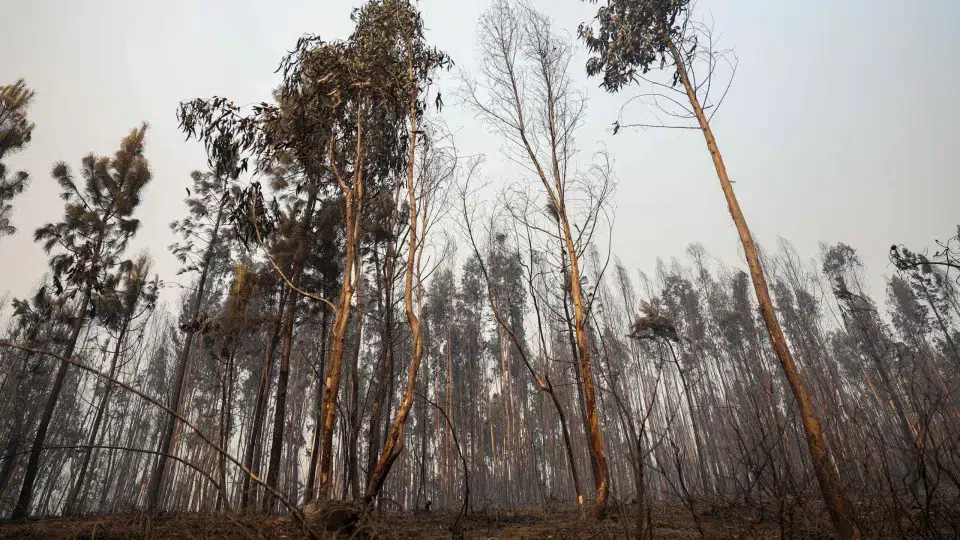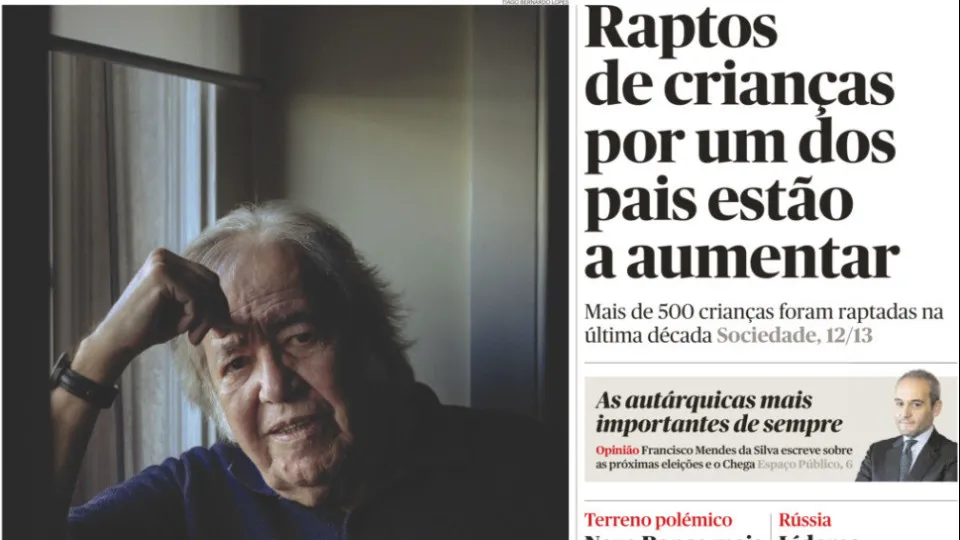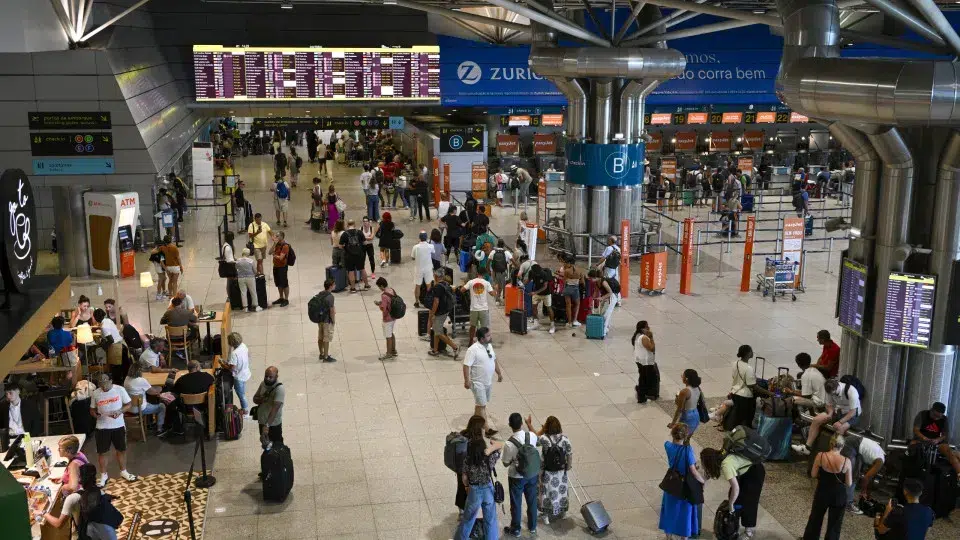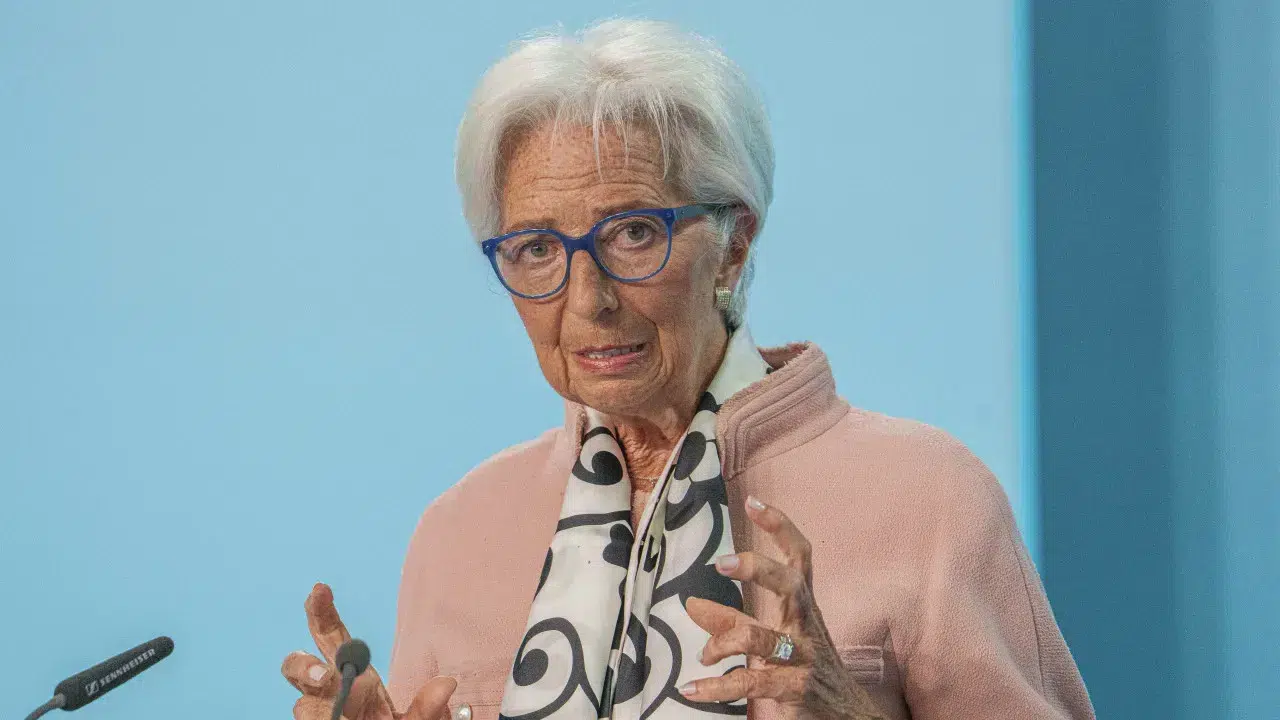
The conference themed “Adapting to Change: Macroeconomic Shifts and Policy Responses” begins with a keynote speech by ECB President Christine Lagarde at the welcome dinner on Monday.
This meeting takes place amid discussions dominated by tariffs imposed by U.S. President Donald Trump and their impact on the global economy and trade, posing challenges for monetary policy.
The first full day of the forum on Tuesday starts with ECB Vice-President Luis de Guindos leading a discussion on the macroeconomic implications of changes in euro area labor markets.
This is followed by a session on “Monetary Transmission Through Households, Consumption, and Saving” based on a paper on discretionary spending cycles by London Business School Professor Paolo Surico, as well as a panel on “Country Heterogeneity in the Euro Area and Implications for Monetary Policy,” coordinated by ECB Executive Board Member Isabel Schnabel.
The day concludes with a panel featuring central bank governors including Andrew Bailey of the Bank of England, Christine Lagarde of the ECB, Jerome Powell of the Federal Reserve, Chang Yong Rhee of the Bank of Korea, and Kazuo Ueda of the Bank of Japan.
The third and final day opens with a discussion on “Non-Bank Financial Intermediaries, Liquidity, and Their Prudential Treatment,” followed by a session on new industrial developments and the evolving architecture of international trade.
The program also includes a session on the challenges of central bank communication and a conversation on unlocking Europe’s growth potential with Philippe Aghion, a professor at Collège de France and the London School of Economics, and Lars Feld, a professor at the University of Freiburg and Director of the Walter Eucken Institute.
Lagarde delivers closing remarks following the presentation of the Young Economist Award.

